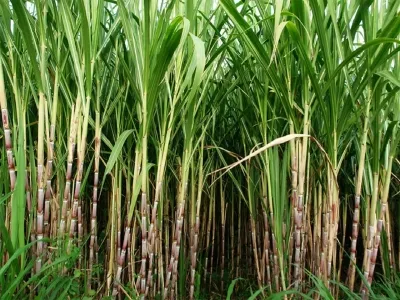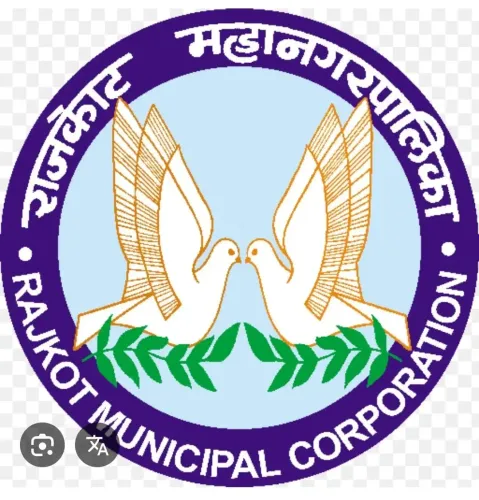Has Haryana Increased Sugarcane Rates by Rs 15 per Quintal?

Synopsis
Key Takeaways
- Haryana sugarcane rates have increased by Rs 15 per quintal.
- Early sugarcane varieties now cost Rs 415 per quintal.
- Late sugarcane varieties are priced at Rs 408 per quintal.
- The government emphasizes agricultural welfare and transparency.
- Direct financial support of Rs 1,54,000 crore has been given to farmers.
Chandigarh, Oct 19 (NationPress) In a remarkable gesture for farmers just before the festival of lights, Haryana's Chief Minister Nayab Singh Saini announced an increase in sugarcane rates by Rs 15 per quintal this Sunday.
The price for early sugarcane varieties has risen from Rs 400 to Rs 415 per quintal, according to an official statement.
Additionally, late sugarcane varieties have seen a hike from Rs 393 to Rs 408 per quintal.
CM Saini emphasized that his government is dedicated to the welfare and comprehensive development of farmers, marginalized communities, youth, and women. He stated that the government's policies are transparent and sincere, and under Prime Minister Narendra Modi's leadership, the state's development initiatives are advancing at a rate three times faster than before. The administration continues to uphold the principle of ‘Sabka Saath, Sabka Vikas, Sabka Vishwas’.
The Chief Minister made these statements during a state-level event in Panchkula on October 17, commemorating one successful year of the current government.
He pointed out that farmers are central to the government's policies. “Currently, all crops in Haryana are purchased at the Minimum Support Price (MSP). Over the past 11 crop seasons, a total of Rs 1,54,000 crore has been directly deposited into the bank accounts of 12 lakh farmers.”
Furthermore, he highlighted the introduction of the Haryana Agricultural Land Lease Bill, 2024, which has reestablished trust between tenant farmers and landowners by providing legal clarity and security for both sides. To combat the sale of counterfeit agricultural products, a stringent law has been enacted, imposing a five-year prison term for those found guilty of producing or selling fake fertilizers, seeds, or pesticides.









